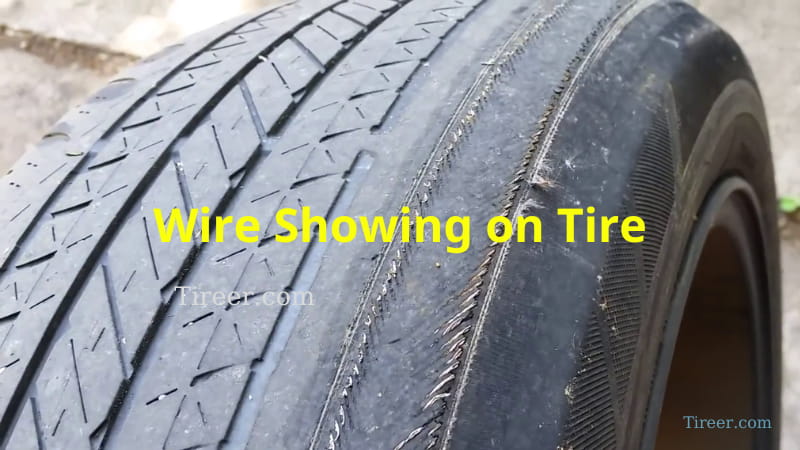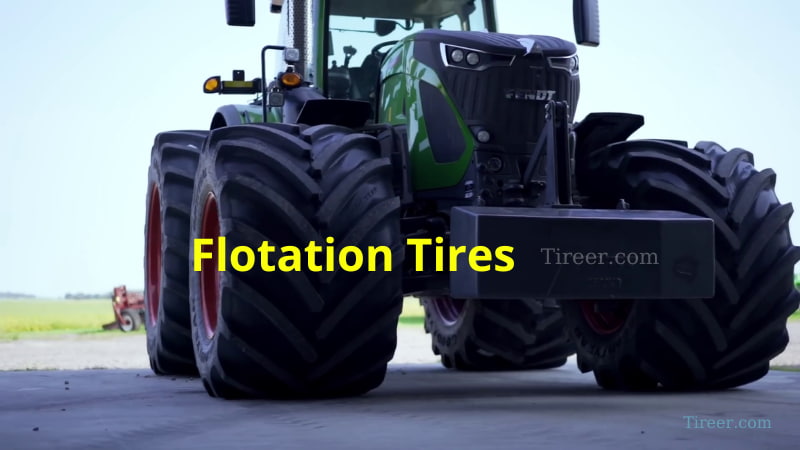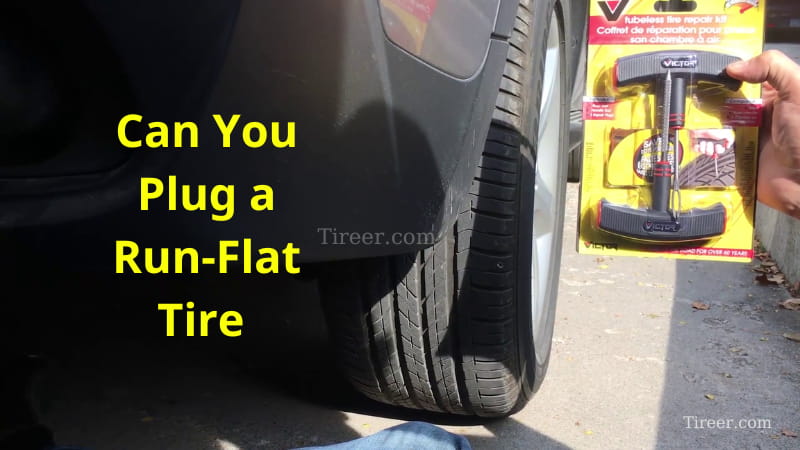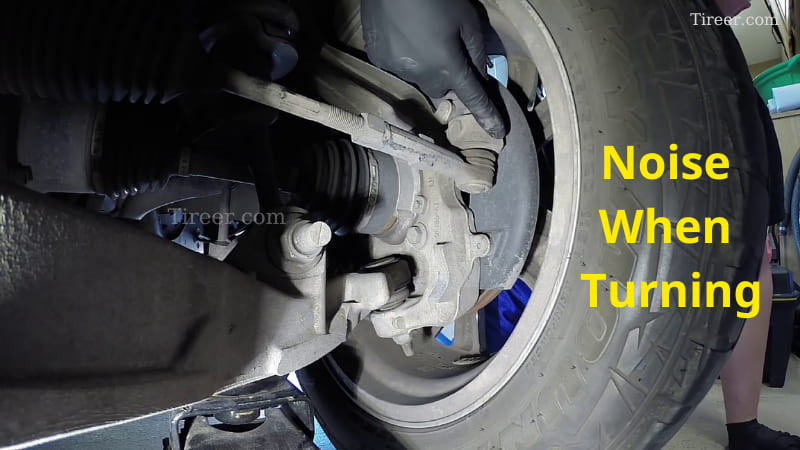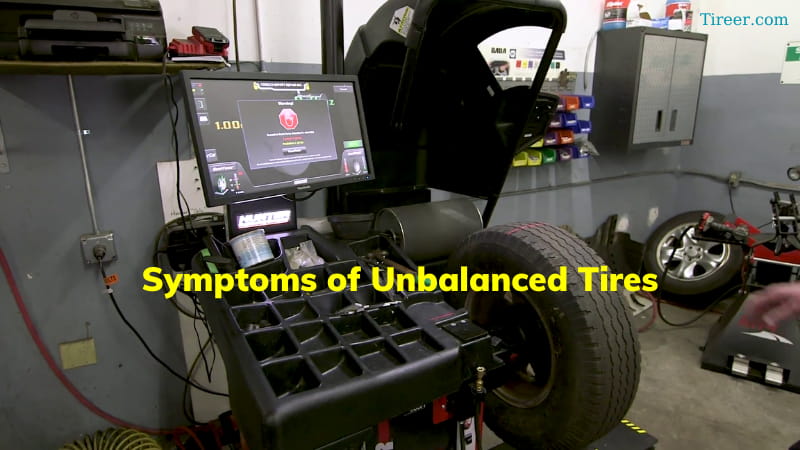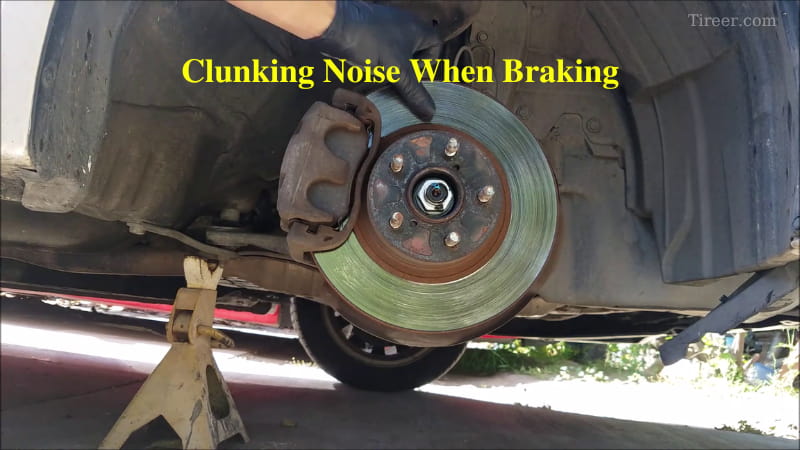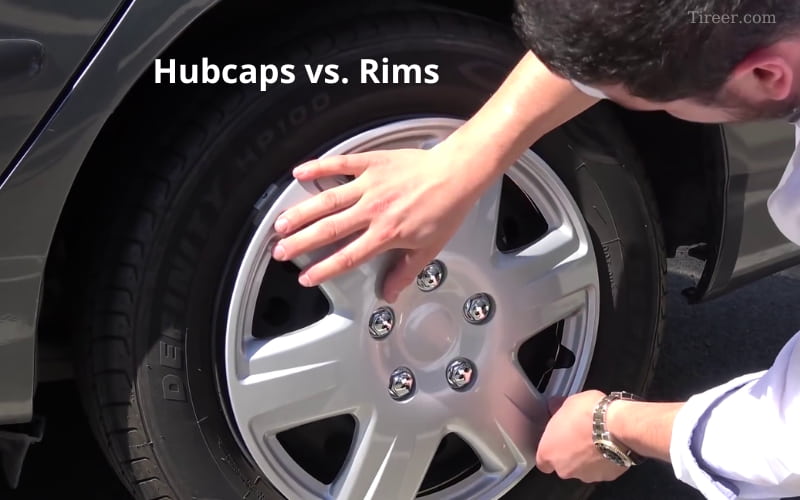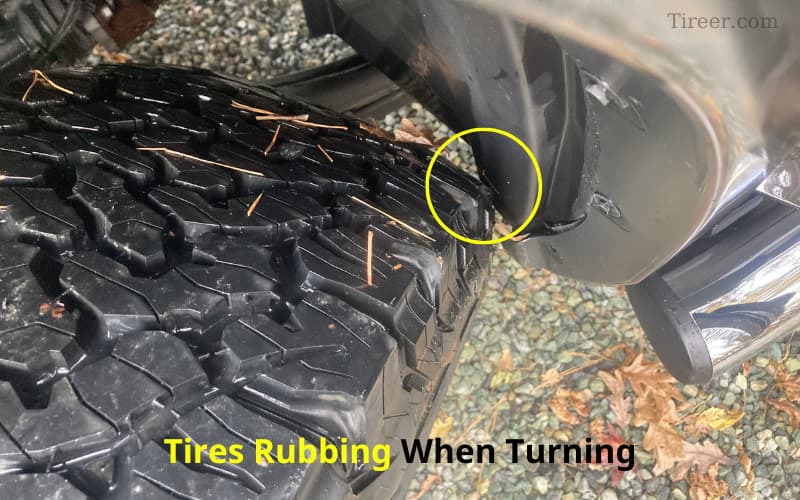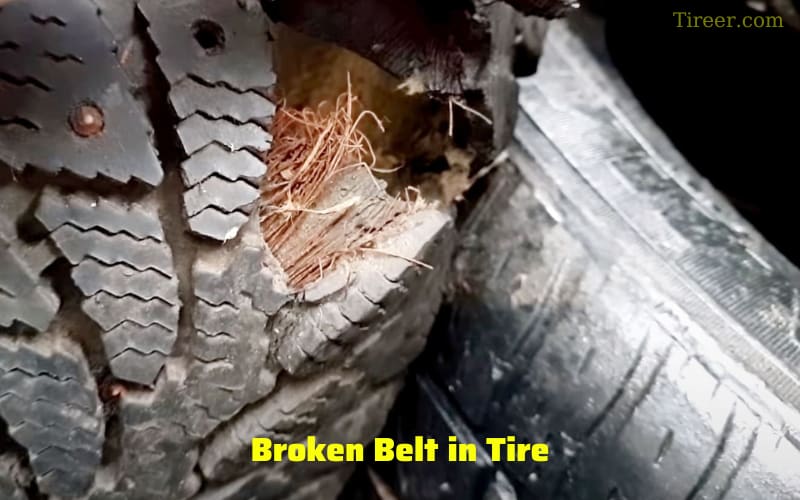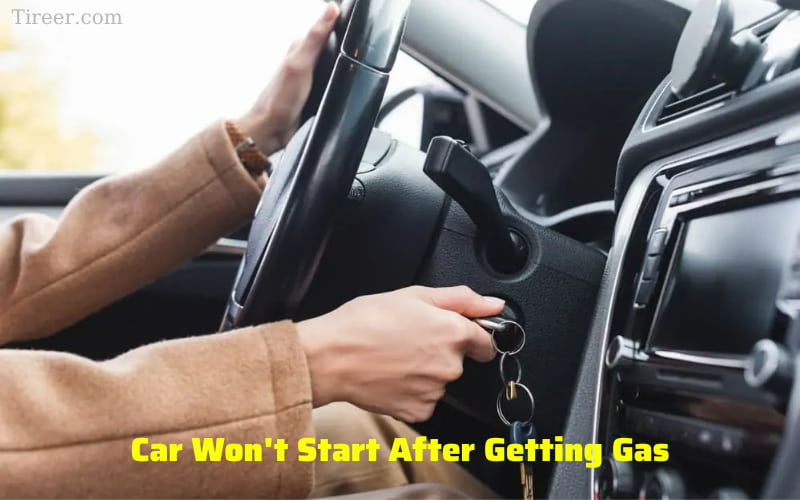Wire Showing on Tire: Is it Dangerous?
Buying super-cheap tires that weren’t properly developed and tested can be dangerous for all traffic participants. Hence, I always recommend purchasing a set from a reputable manufacturer which spent the time to test its product in various conditions before sending it on the market.
But you know what’s worse? Tires that were worn out past their due date. They are a very serious safety hazard – around 11,000 traffic accidents occur every year due to bad tires in the USA alone (according to the NHTSA), which is considered a developed market.
Despite that, I see too many cars driving on tires with almost no tread, and sometimes I even notice wires showing on tires. It’s an issue that, sadly, some owners don’t take seriously and endanger their lives, but also the lives of other traffic participants.
Tires that were worn out past their due date won’t provide you with safe traction, but more importantly, they can also blow out and seriously destabilize your vehicle. But why cords showing on tires is so risky? And what should you do about it? Here is everything you need to know and what you need to do if you see a wire showing on one of your tires.
